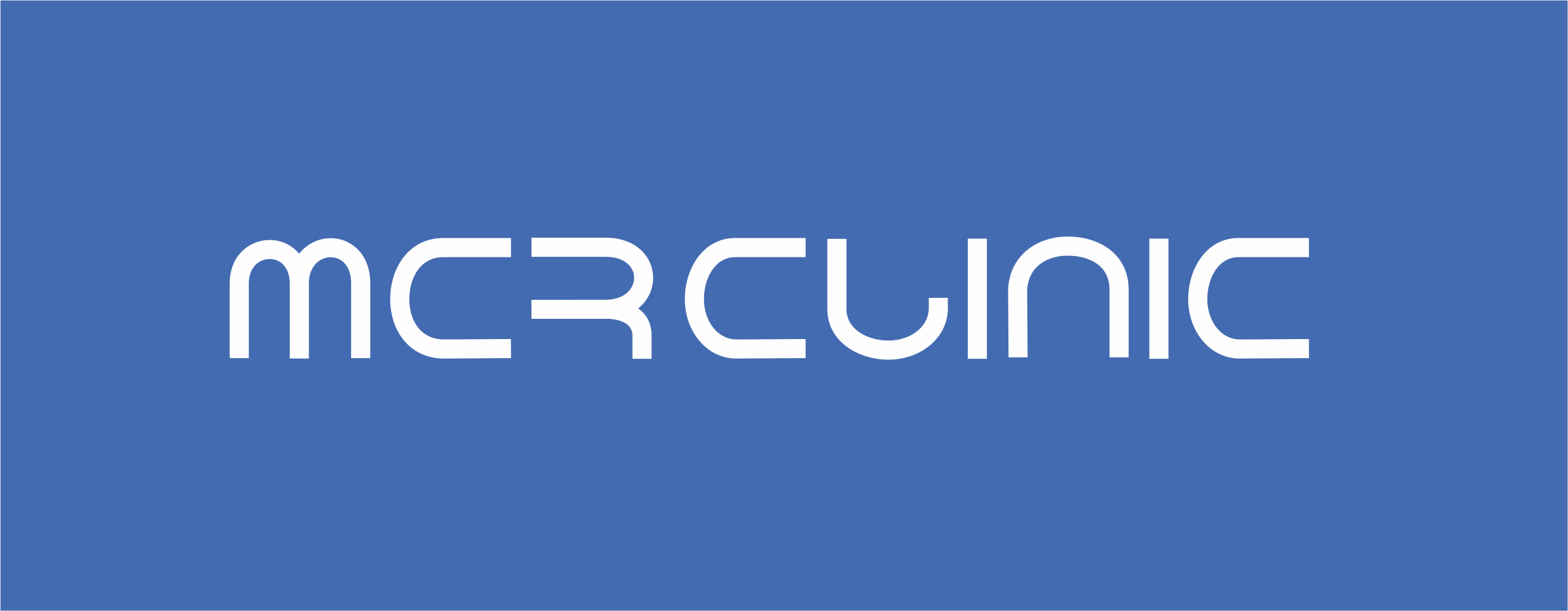Over the past 5 years, blockchain has gained immense popularity almost from scratch. Blockchain is already being used successfully in many areas, including clinical trials.
What is blockchain?
Blockchain is, in simple terms, a record of transactions. It is a digital registry in which all transactions are recorded in chronological order. The data from this registry is decentralized and stored in a network of replicated, continuously synchronized databases in multiple copies. Most importantly, all inputs are tagged with a specific date and time.*
Blockchain in clinical trials
Blockchain technology can significantly increase the speed of research by optimizing data sharing mechanisms between research centers. This technology also simplifies the process of collecting data from patients who consent to participate in clinical trials.
Blockchain makes it possible to organize a lot of information about factors that may directly or indirectly affect the results of a study: patient care, research, biomarkers, etc. The immutability property of blockchain will be useful in this area, with the technology being able to verify the authenticity of research data.
Benefits of blockchain for clinical trials
Using a blockchain-based system makes it possible to review study results years after the fact and be confident that the data stored on that block of the blockchain is fully integral and has not been tampered with. This is especially important for regulatory processes or when conducting cause-and-effect analyses to solve problems.**
Furthermore, blockchain systems have the advantage of being used in a decentralized manner. With this technology, data becomes more accessible, updates are done in real time, allowing for faster detection of threats such as the COVID-19 pandemic, for example. And the confidence in ensuring data protection and control will help increase trust and attract more people to research.
Limitations to using blockchain
There are limitations in blockchain networks when increasing the amount of data, such as when 20,000 patients are enrolled, mainly due to the capabilities of the technology. However, this is not necessarily the case in the future, as technologies are still evolving.***
Additionally, blockchain systems require good Wi-Fi connectivity, so if this is an issue, for example in a rural community, implementing such systems can become a challenge.
Blockchain is an innovative solution to securely decentralize clinical trials, which will increase the quality of care provided.
***
Sources:
* https://www.dataart.com.pl/news/blockchain-w-opiece-zdrowotnej-wyzwania/




